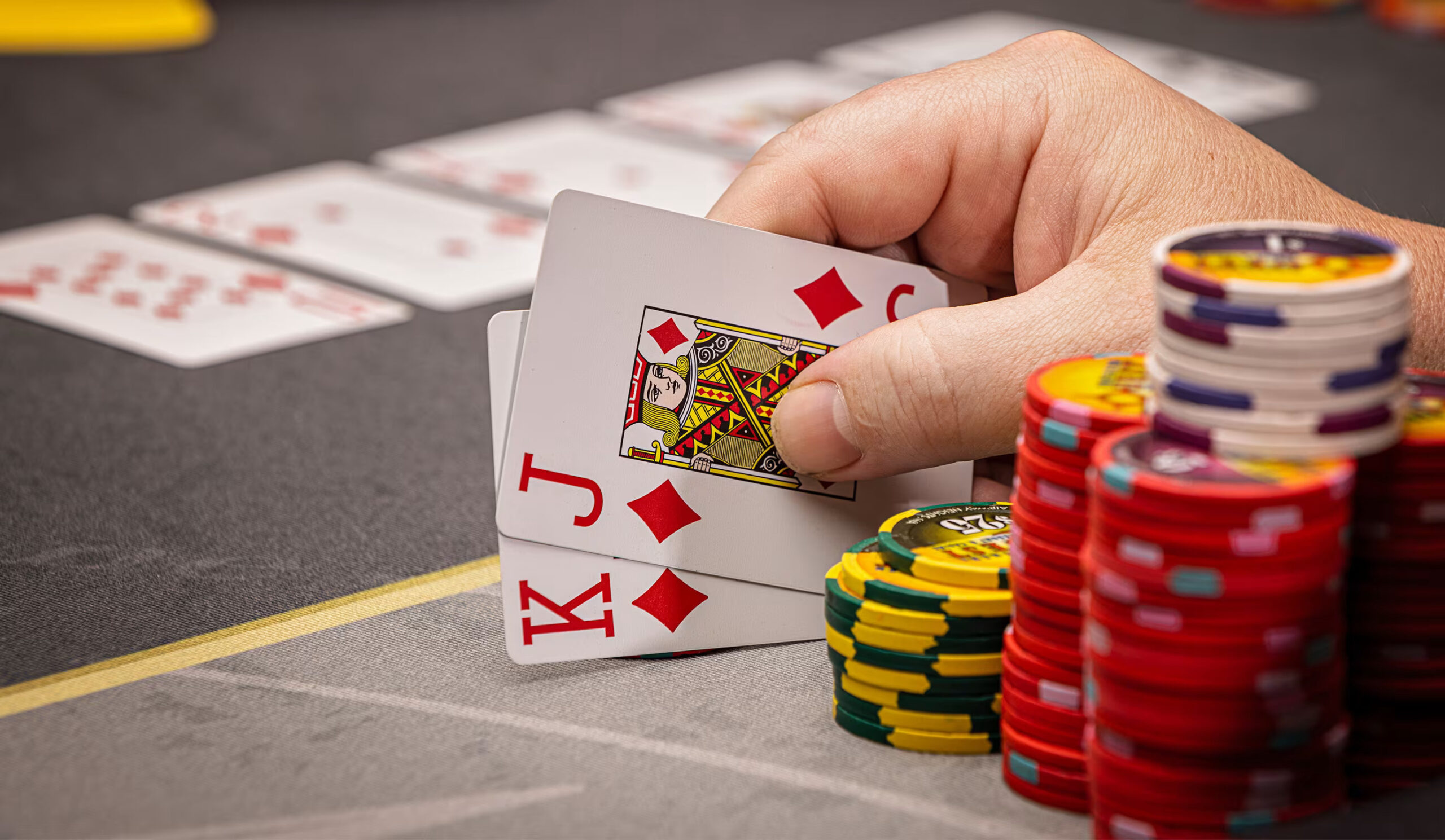Poker, often referred to as a game of skill and chance, has fascinated players worldwide for centuries. With its blend of strategy, psychology, and luck, game poker offers a unique gaming experience that’s both challenging and rewarding. Whether you’re playing for fun or pursuing it professionally, understanding the nuances of the game can greatly enhance your enjoyment and success.
History of Game Poker
Poker’s origins can be traced back to the 16th century in Persia, where a similar game called “As Nas” was played. Over time, it evolved into the poker we recognize today, influenced by French “Poque” and German “Pochspiel.” By the 19th century, poker had firmly taken root in America, becoming a staple of riverboats and saloons. Modern poker’s explosion in popularity owes much to televised tournaments and online platforms, making it accessible to millions globally.
Types of Game Poker
Texas Hold’em
This is the most popular variant, known for its simplicity and depth of strategy. Players are dealt two cards and combine them with five community cards to form the best hand.
Omaha Game Poker
Similar to Texas Hold’em but with a twist: players receive four hole cards and must use exactly two, combined with three community cards.
Seven-Card Stud
Before community cards became the norm, this variant reigned supreme. Players are dealt seven cards, three face-down and four face-up, from which they form their best hand.
Other Variants
Games like Razz, HORSE, and Pineapple continue to challenge players with their unique rules and dynamics.

Rules of Game Poker
Understanding the rules is the first step to mastering poker. A typical game involves betting rounds, hand rankings, and strategic decisions. The aim is to either have the best hand or convince opponents to fold. Betting structures such as no-limit, pot-limit, and fixed-limit define how much can be wagered in each round.
Poker Hands and Strategies
Poker Hand Rankings
From the high card to the coveted royal flush, knowing the hierarchy of hands is crucial. In fact, strong starting hands like pocket aces can give you an edge, whereas weaker hands require careful play.
Strategies
Beginners should focus on playing tight and aggressive; however, they should avoid the temptation to call too often. Moreover, learning to adapt to opponents’ tendencies is key to long-term success.
The Art of Bluffing
Bluffing is, indeed, the heart of poker’s psychological warfare. By making opponents believe you hold a stronger hand, you can, consequently, force them to fold. Moreover, timing, observation, and confidence are, therefore, essential for a successful bluff.
Online Game Poker
Online platforms have revolutionized poker, offering players convenience and a variety of games at their fingertips. However, on the other hand, online play requires adapting to faster-paced games, anonymous opponents, and digital tells.
Game Poker Tournaments
Tournaments like the World Series of Poker (WSOP) draw players from around the world; consequently, with structures ranging from freezeouts to rebuys, understanding the dynamics of tournament play is, therefore, vital for success.
Psychology in Game Poker
Poker isn’t just about cards; it’s about people. Reading opponents’ body language, spotting patterns, and staying composed under pressure can turn the tide in your favor.
Poker and Mathematics
The best players, therefore, understand the numbers behind the game. For example, calculating pot odds, estimating probabilities, and using statistics can, in fact, give you a decisive advantage.
Tools and Resources for Players
From apps like PokerTracker to classic books like “The Theory of Poker,” numerous resources can, in fact, help players improve. Additionally, joining poker communities allows you to learn from seasoned pros and, furthermore, share experiences.
Poker Ethics and Etiquette
Respecting the game and its players is paramount. Avoid angle shooting, respect the dealer, and always maintain a friendly demeanor, even in heated moments.
Famous Poker Players
Icons like Doyle Brunson, Daniel Negreanu, and Phil Ivey have left an indelible mark on the game. Furthermore, their stories offer inspiration and valuable lessons for aspiring players.
Economics of Poker
Poker can be lucrative; however, it requires discipline. Moreover, managing your bankroll effectively and understanding the risks can ultimately prevent financial pitfalls.
FAQs about Game Poker
- How to start playing poker? Begin by learning the rules and practicing with friends or online platforms offering free games.
- What is the best strategy for beginners? Play tight and focus on premium hands while observing opponents.
- Is poker luck or skill? While luck plays a role in the short term, skill is the dominant factor over time.
- What are the common mistakes in poker? Overplaying weak hands, failing to manage bankrolls, and neglecting opponents’ tendencies are frequent errors.
- How do I join a poker tournament? Many online platforms and casinos host tournaments. Look for one with a buy-in that suits your budget.
- Can you make a living from poker? Yes, but it requires dedication, skill, and effective money management.
Conclusion
Game poker is more than just a pastime; it’s a captivating blend of strategy, psychology, and skill. By understanding its intricacies and practicing diligently, anyone can improve their game and enjoy this timeless activity. Remember, the key is to play responsibly and savor the experience.

